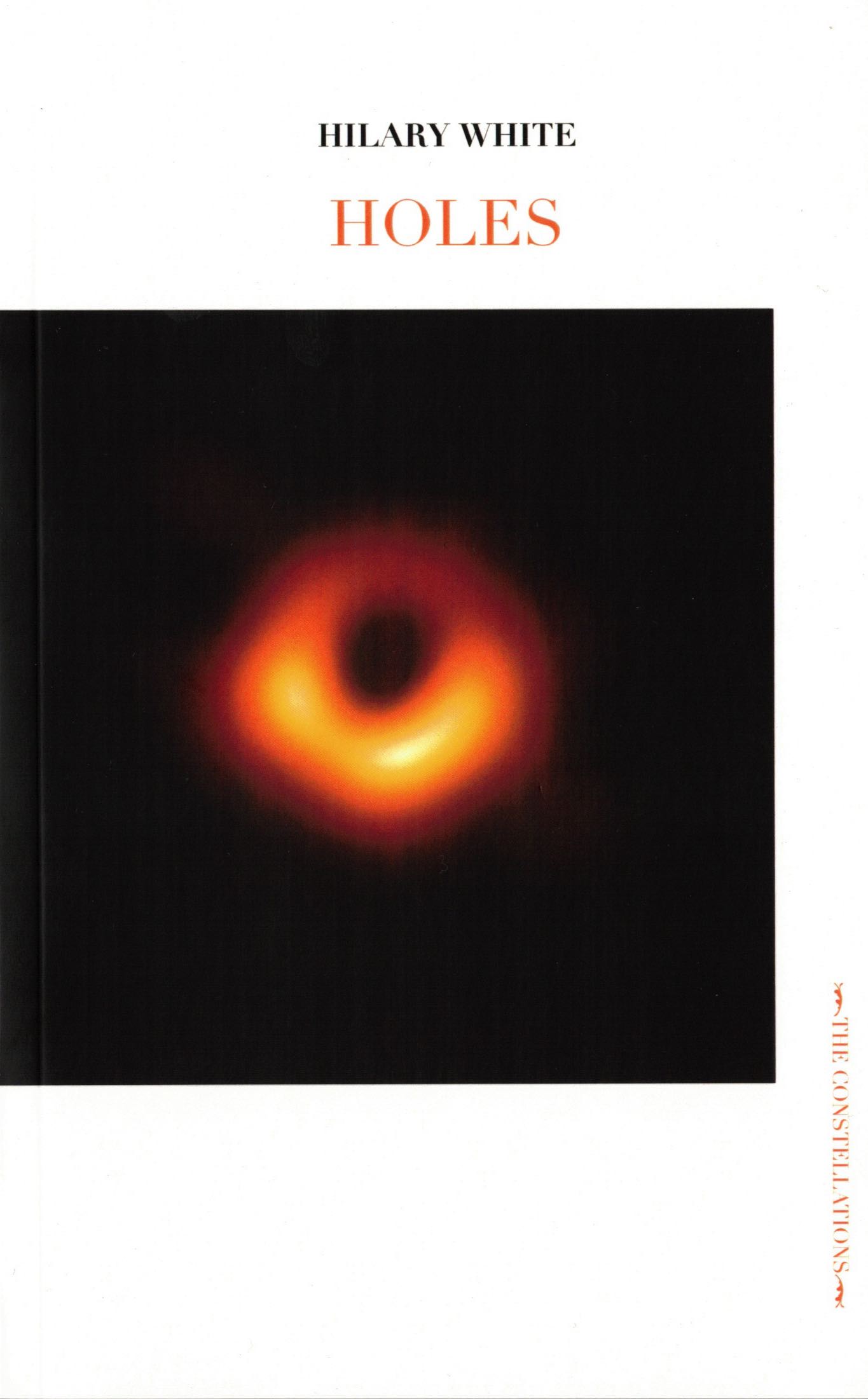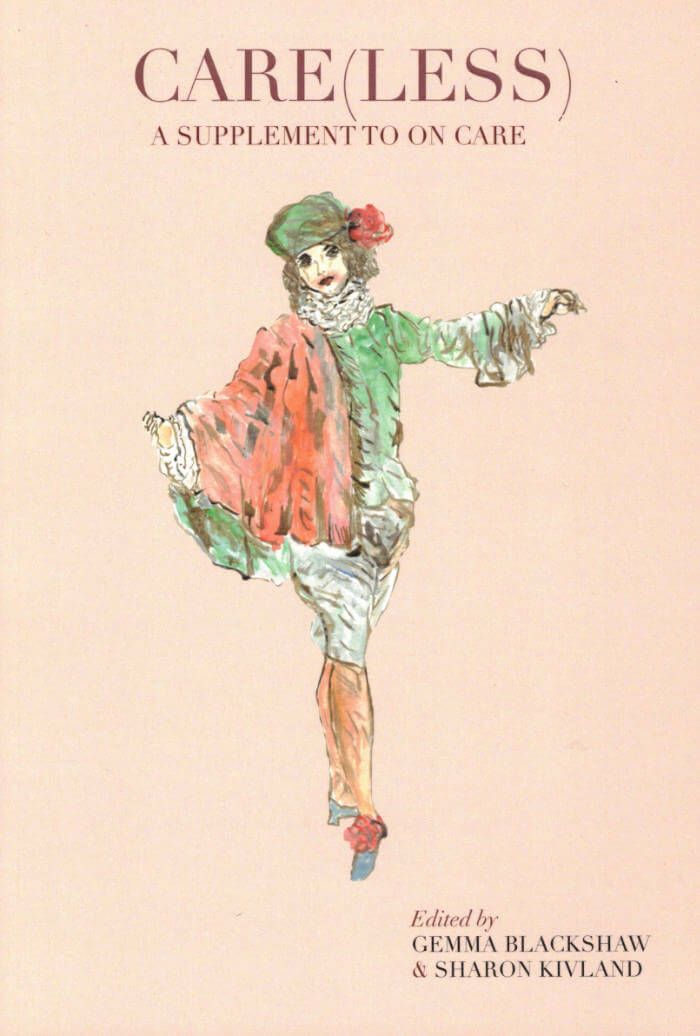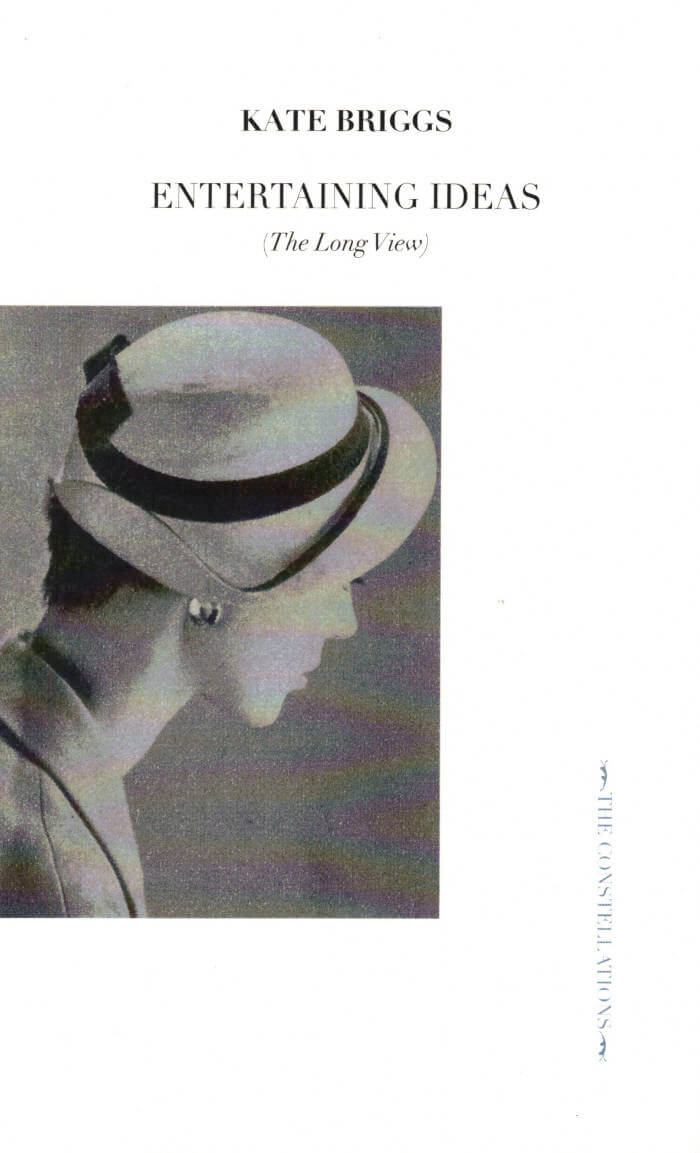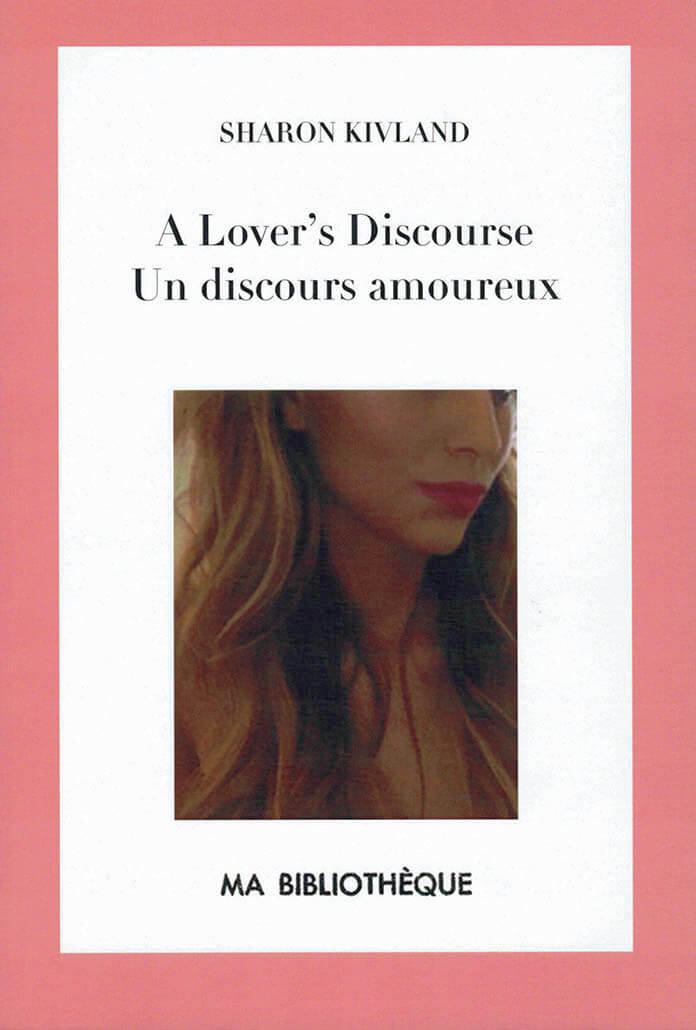Sam Dolbear
Take my hand. Trace the lines on my palm with your fingers. What size and shape are they? Take note of their form: are they forked, tasselled, wavy, chained, broken? Now examine my fingers. Tell me my disposition; tell me what beholds me.
Mapping the hand as cosmos as clinic as history as biography, hand reading is a technique suspended between medical and mystical judgement, empirical diagnosis and speculative divination. This book weaves the lives and work of the ‘reader’ and the ‘read’ together in an intricate fabric. The central ‘reader’ is Charlotte Wolff (1897–1986), a friend of Walter Benjamin, Helen Grund, and Ernst Schoen, who after fleeing from Germany’s new regime in 1933, took up hand reading in Paris to make ends meet. The ‘read’ are anonymous acrobats, dancers, and department-store managers, and members of the avant-gardes of Paris and London, from Antonin Artaud to Romola Nijinsky, Marcel Duchamp to Virginia Woolf. Arranged as an index, this book is both a guide to the techniques of hand reading and a critical theory of its history and practice, mixed with Wolff’s later work as a theorist of gender and sexuality.
"Hand That Touch This Fortune Will is a study devoted to friendship, refracted through the portal of the upturned palm. Charlotte Wolff met the world by examining what was written on the hands of the times. What did she read in the landscapes of this intimate organ of touch, and what, through reading, was she fatally unable to see? Through a gentle fragmentation reminiscent of The Arcades Project, Dolbear acts as a thoughtful guide through fascinating and nearly forgotten passages in the European history of palmistry under late capitalism—along with all the political uncertainties and faggy gestures that formed its nimbus. With extraordinary attention to the peculiar experiments in living that have scarcely left a trace in the archive, Hand That Touch gathers the reader around those bars, clinics, and drawn curtains, where, under the shadow of fascist diagnosis, the occult comes palm to palm with the queer past." — M. Ty
Each book holds a very lovely insert of a hand reading chart, designed by Ana Cecilia Breña and Sam Dolbear. Printed on tracing paper, it allows the reader to read their hand as they read the book.
Sam Dolbear was a Fellow at the ICI Berlin Institute for Cultural Inquiry in Berlin from 2020 to 2024. His research addresses the life and work of Walter Benjamin and those around him. He has taught and published widely, including, with Esther Leslie, Dissonant Waves: Ernst Schoen and Experimental Sound in the 20th Century (2023). He is a co-founder of the sound and radio collective MayDay Radio.


















